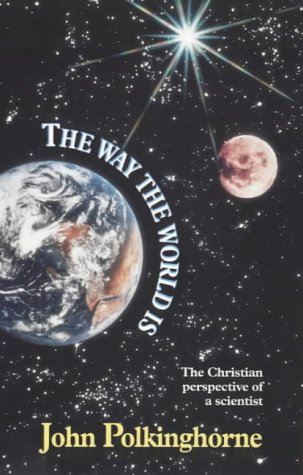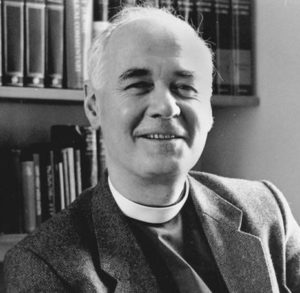Reference




OpenAI's Answer
John Polkinghorne, a prominent physicist and theologian, intertwines the concepts of human freedom and quantum randomness in his works. His perspective can be summarized as follows:
-
Quantum Randomness and Indeterminism: Quantum mechanics introduces a level of fundamental indeterminism in the universe. Unlike classical mechanics, where systems have deterministic behaviors, quantum mechanics shows that at a subatomic level, outcomes can only be predicted probabilistically.
-
Human Freedom and Creativity: Polkinghorne argues that this inherent randomness in quantum mechanics provides a space for human freedom and creativity. If the universe were entirely deterministic, as pre-quantum Newtonian physics suggested, human freedom would be an illusion—our thoughts and actions would be merely the outcome of deterministic processes.
-
Non-Reductive Physicalism: He embraces a non-reductive physicalist approach where mental states, including human choices and actions, do not solely reduce to physical brain states. This aligns with the idea that quantum indeterminism allows for genuine agency and free will.
-
Theological Implications: Polkinghorne extends these scientific insights into his theological reflections. He posits that God's interaction with the world can happen within this indeterministic framework, allowing for both divine action and human freedom without contravening the natural laws.
Here are some useful sources for deeper insights:
- On Freedom and Quantum Mechanics:
- "Quantum physics provides similar insights to chaos theory, but Polkinghorne is cautious about relying on it. We ought not confuse randomness with freedom" (Counterbalance).
- Philosophical and Theological Work:
- "Thus, with regard to both divine and human activity, Polkinghorne focuses on the freedom to act and on the idea of personality" (MDPI).
To grasp a broader understanding of his thoughts, you might want to explore his interviews and lectures further:
- Interview on The On Being Project: John Polkinghorne — Quarks and Creation

These points highlight how Polkinghorne bridges the gap between quantum physics and human freedom, providing a rich dialogue between science and theology.
Follow Up
Related
Which nation ranked second in the medal table of the 1985 Championships?
What is Kazakhstan's stance on human rights and freedom of speech?
How do political status and sovereignty impact an individual's rights and freedoms?
What role do loyalty oaths play in balancing security and freedom of expression?